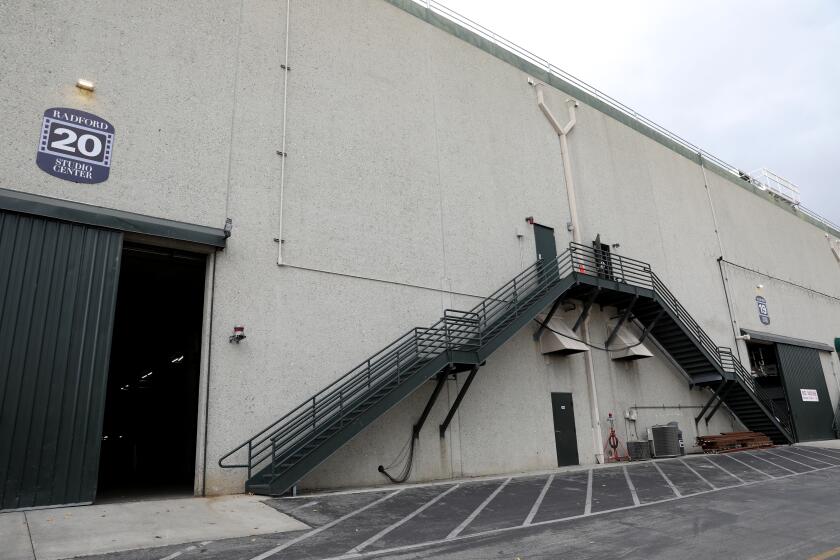Fairness, Sameness Not Equal in Property Tax
The letter about “Unfair Assessments” from Ray Ackerman (April 21), who claims that in order for property taxes to be fair “each and every homeowner should pay . . . in accordance with the current value of the property,” shows that the writer just doesn’t get it. What does he want? To buy a house and then see taxes go up every year based on reassessment?
“Fairness” is not necessarily equal to “sameness.” One of the reasons for Proposition 13 was the ever-increasing escalation of property assessments, throwing off the financial planning of those on fixed incomes who thought they were protected by the solid value of a fixed asset, but who were at the mercy of market forces beyond their control. Despite owning their own homes, many people did not have enough cash flow to cover increases in their wealth that existed only on paper.
There are many ways in which fairness does not equal sameness. Two homeowners living in identical houses next door to each other may have different interest rates and different monthly payments, just because of when they bought and how they financed. One may pay a high payment, and the other none at all.
The real fairness is in establishing predictability and stability at the time an agreement is made, based on conditions that are known and agreed to at that time. It is equality of opportunity, not of results. In the case of property assessments, the only objective criterion is the last sale price.
Lest Mr. Ackerman suspect that I am a longtime holder of real estate who benefits from his “unfairness,” rest assured that I am a first-time home buyer with escrow to close very soon on a “starter” home. At least for now, I will be paying taxes much higher than my neighbors. But it is a fixed, predictable amount known and agreed to.
DOUGLAS DUNN
Sherman Oaks
More to Read
Inside the business of entertainment
The Wide Shot brings you news, analysis and insights on everything from streaming wars to production — and what it all means for the future.
You may occasionally receive promotional content from the Los Angeles Times.






